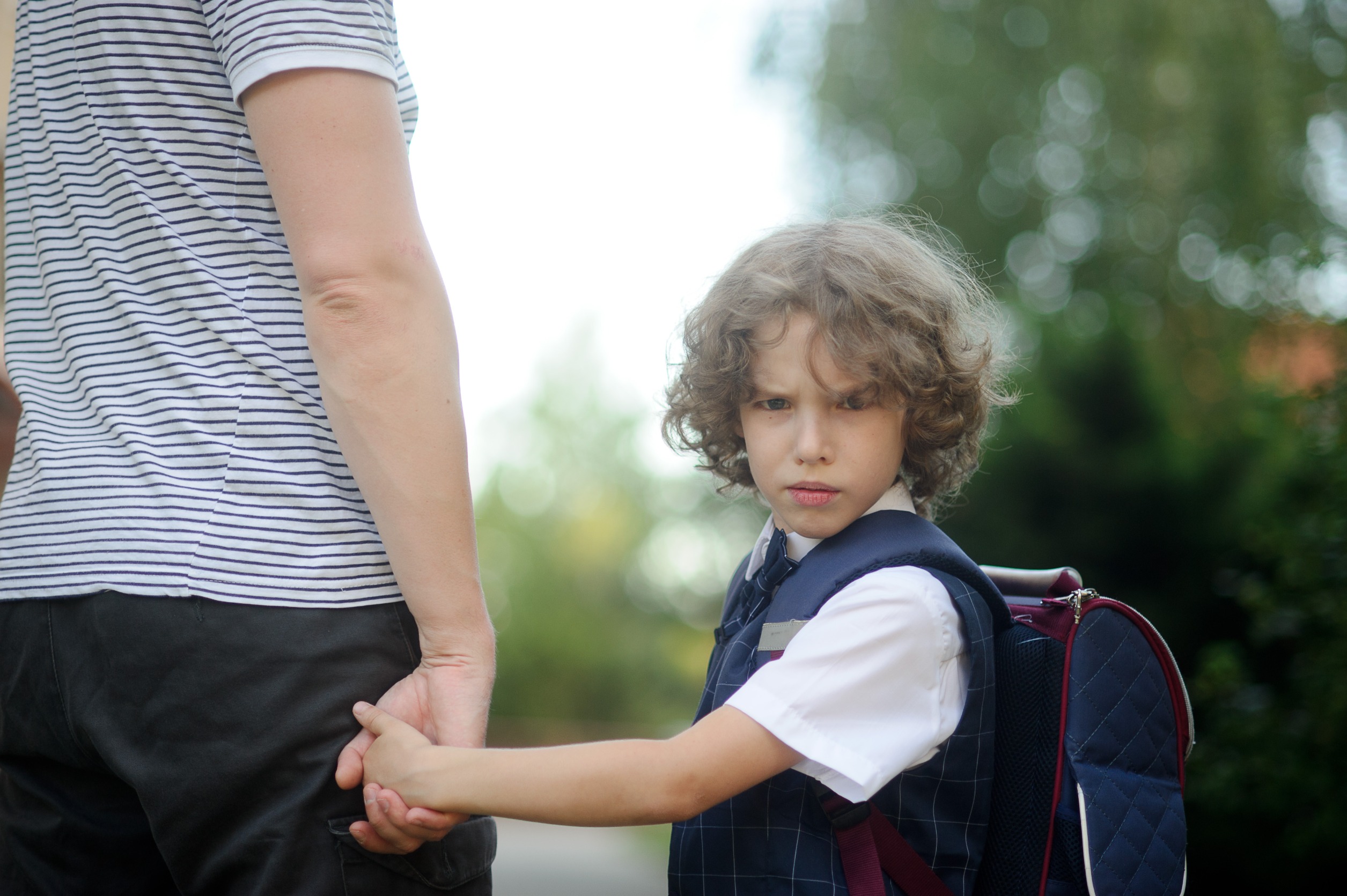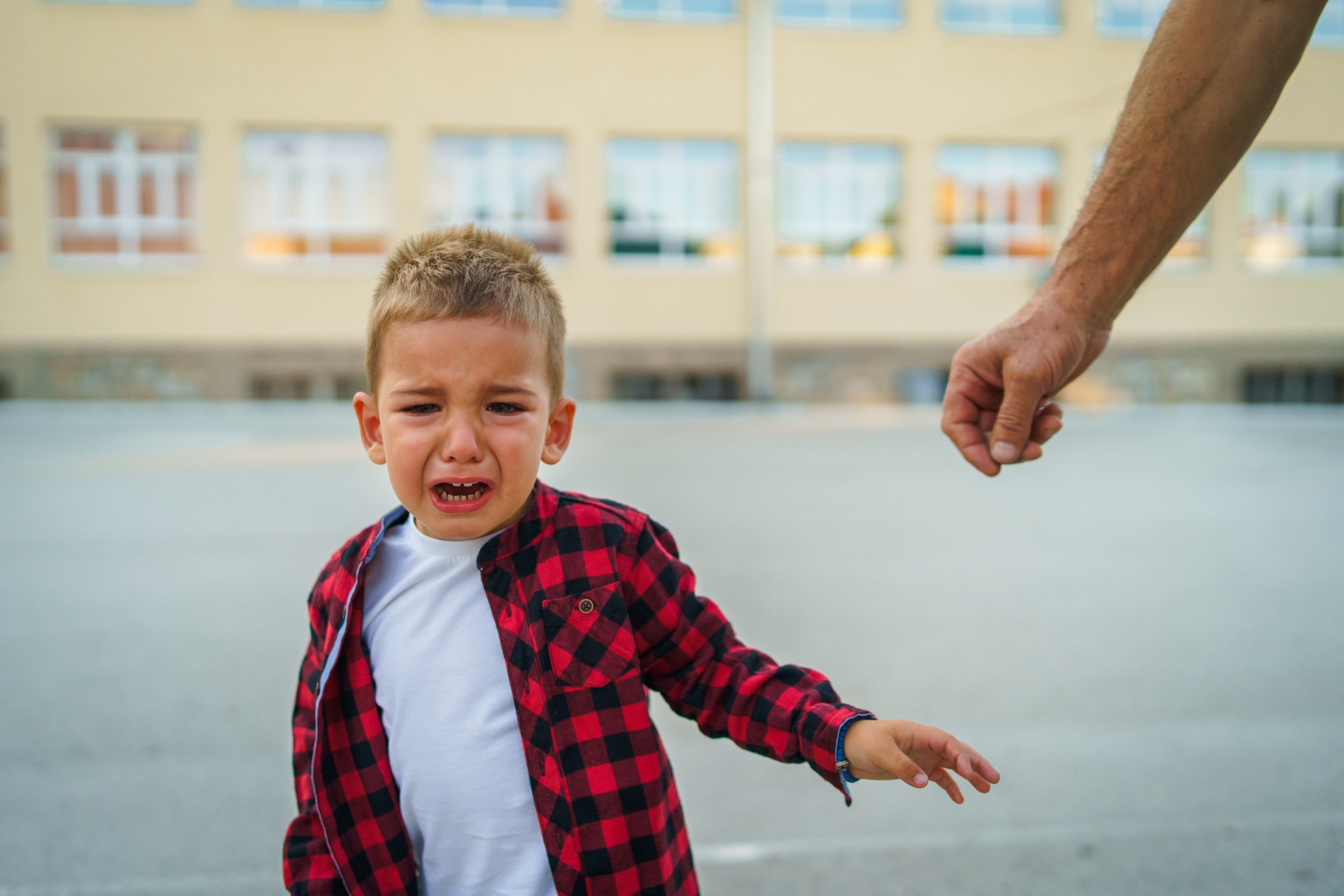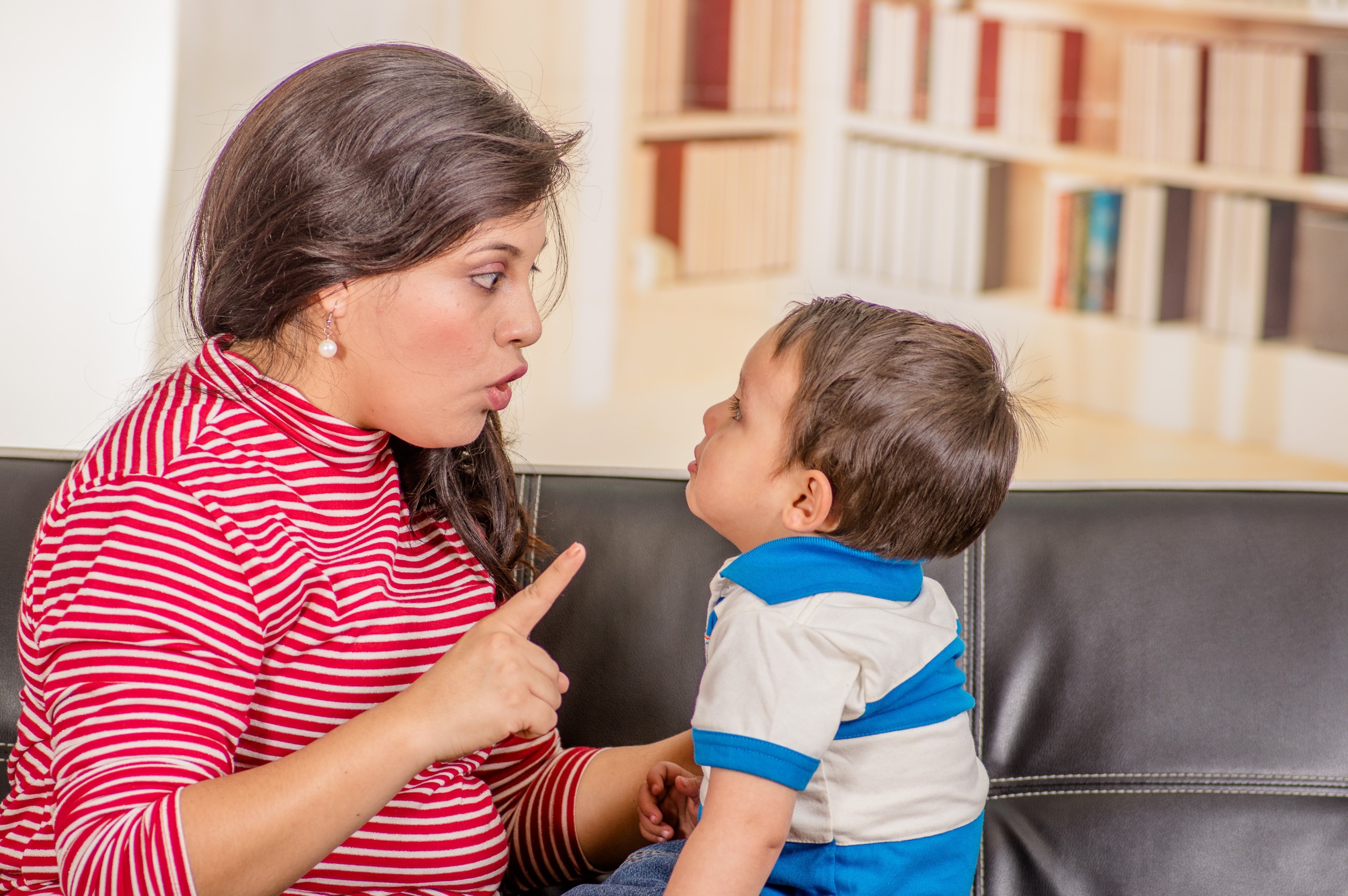Recognizing the difference between discipline and abuse is crucial for every parent or caregiver. While discipline aims to teach and guide, abuse inflicts harm and fosters fear. Understanding the boundaries can prevent long-lasting psychological and physical damage to children. Here are 12 behaviors that clearly indicate you’ve crossed the line from discipline to abuse.
1. Physical Punishment Leading to Injury
Discipline should never result in physical harm. If actions leave bruises, cuts, or any injury, it’s a sign of abuse. Physical punishment that causes lasting pain or requires medical attention is unacceptable. Always opt for non-violent methods to correct behavior to ensure you don’t cross into abusive territory.
2. Verbal Assaults
Shouting, name-calling, and belittling a child can cause severe emotional damage. Discipline should be constructive, not destructive. Ultimately, verbal assaults undermine a child’s self-esteem and sense of worth, and that can cause lasting harm. It’s essential to communicate calmly and respectfully, even when correcting behavior.
3. Public Humiliation
Embarrassing a child in front of others is a form of abuse. Discipline should be private and aimed at teaching, not shaming. In many cases, public humiliation can lead to long-term emotional scars, and it may promote social anxiety. Maintain the child’s dignity while addressing their behavior.
4. Withholding Basic Needs
While restricting things like access to digital devices may make sense as a form of discipline in some cases, denying food, water, or bathroom access as punishment is abusive. Basic needs are fundamental rights, not privileges to be revoked. Effective discipline should never compromise a child’s health and well-being. Seek alternative ways to address misconduct.
5. Excessive Control
Overly controlling every aspect of a child’s life stifles their independence and growth. Discipline involves setting boundaries, not micromanaging. Excessive control can lead to rebellion or learned helplessness and can hinder self-esteem and confidence. Ideally, it’s best to encourage autonomy within reasonable limits.
6. Isolation
Locking a child in a room or forcing prolonged isolation is harmful. Discipline should not involve cutting off social interaction or sensory stimulation, as isolation can cause intense fear and psychological distress. Use time-outs appropriately, ensuring they are brief and explained.
7. Emotional Manipulation
Using guilt, fear, or emotional blackmail to control a child is abusive. Discipline should foster understanding, not manipulate emotions. Emotional manipulation undermines trust and creates a toxic relationship, both of which can cause lasting harm. Aim for clear, honest communication to guide behavior.
8. Unpredictable Punishment
Inconsistent or arbitrary punishment confuses children and erodes their sense of security. Discipline should be predictable and consistent, as unpredictable punishment leads to anxiety and distrust. Instead, establish clear rules and consequences that are consistently enforced.
9. Over-Punishment for Minor Infractions
Disproportionate punishment for minor mistakes is abusive. Discipline should match the severity of the behavior. Over-punishment teaches children that they are inherently bad rather than guiding them towards better choices. As a result, it’s best to focus on fair and reasonable consequences.
10. Use of Scare Tactics
Threatening children with harm or terrifying scenarios to control behavior is abusive. Discipline should not rely on instilling fear. Scare tactics damage a child’s sense of safety and can lead to severe anxiety. Instead, promote understanding and cooperation through positive reinforcement.
11. Neglect
Failing to provide proper supervision and care as a form of punishment is abusive. Discipline involves active guidance, not neglect. Neglecting a child’s needs and safety is harmful and irresponsible, and it can come with legal consequences for the parent or caregiver.
12. Physical Restraint
Using physical force to restrain a child unnecessarily is abusive. Discipline should never involve actions that can cause physical or emotional harm. Physical restraint can traumatize a child and escalate situations. Instead, use de-escalation techniques and ensure the child’s safety.
Stop Now to Avoid Crossing from Discipline into Abuse
Effective discipline aims to teach and guide children toward better behavior while maintaining their dignity and well-being. It’s crucial to recognize when actions cross the line into abuse, causing harm instead of promoting growth. Always prioritize the child’s physical and emotional health and seek alternative methods that foster understanding and respect. By doing so, caregivers can create a safe and nurturing environment for children to thrive.
Read More:
10 Reasons Why So Many Parents Think Spanking Is Effective
Toxic Grandparents: 12 Things Baby Boomer Grandparents Must Avoid
Catherine is a tech-savvy writer who has focused on the personal finance space for more than eight years. She has a Bachelor’s in Information Technology and enjoys showcasing how tech can simplify everyday personal finance tasks like budgeting, spending tracking, and planning for the future. Additionally, she’s explored the ins and outs of the world of side hustles and loves to share what she’s learned along the way. When she’s not working, you can find her relaxing at home in the Pacific Northwest with her two cats or enjoying a cup of coffee at her neighborhood cafe.













